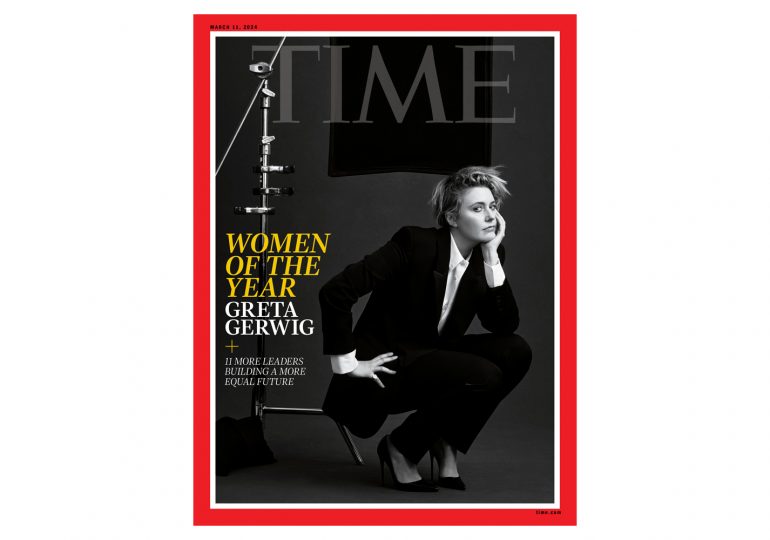Taraji P. Henson knows what it means to be undervalued—and she wants to fix that. In a December interview, the actor made headlines with an uncompromising critique of pay inequality in Hollywood, saying that after more than 20 years in the industry, she is still compensated with only a fraction of what her white and male counterparts are paid. Henson spoke out in the hopes of leveling the playing field for future generations: “If I can’t fight for them coming up behind me, then what the f-ck am I doing?”
[time-brightcove not-tgx=”true”]
That sense of urgency thrums through this year’s edition of Women of the Year, TIME’s annual list of trailblazers who are breaking new ground and fighting for a more equitable future. The 12 women on our 2024 list are pivotal figures from across the globe who have dedicated themselves to lifting up others as they rise.
Economist Claudia Goldin was awarded a Nobel Prize in 2023 for her research on women in the workforce—research that has helped shape our understanding of the gender wage gap and, by extension, how it may one day be closed. She began her work decades ago by taking an interest in the role of married women in society, who had long been ignored: “Her story was unfolding through the 20th century,” Goldin tells TIME, “and it was a story that someone should tell in a manner that was big and bold and that dug deep into the history.”
Human-rights activist Nadia Murad, another recent Nobel laureate, was honored in 2018 for her work to eliminate the use of sexual violence as a weapon of war. Murad has since become one of the world’s most visible advocates for survivors of genocide, and in December became the lead plaintiff in a lawsuit aimed at holding to account companies with financial ties to perpetrators of terrorism. Reem Hajajreh and Yael Admi are also organizing for peace, as key leaders of Palestinian and Israeli women’s groups that have partnered to advocate for nonviolent resolutions to the conflict. They believe women’s participation will be key to any agreements brokered.
Our list also speaks to the women who are using their personal experiences to fuel advancements across male-dominated fields. Geneticist Marlena Fejzo was dismissed by her doctor despite experiencing such extreme gastrointestinal distress during a pregnancy that she lost her fetus, so she took on the project of studying the underlying cause herself. In December, Fejzo co-authored a paper identifying a gene linked to severe morning sickness, a breakthrough that will aid future treatment.
There are also stories that celebrate the dazzling achievements of women in sports and the arts. Tennis champion Coco Gauff has been a serious contender since she showed up in the fourth round of Wimbledon at the age of 15. She reached a new high when she won the U.S. Open in 2023 and became the highest-paid female athlete in the world, according to one major ranking.
And there were few creative achievements more impactful over the past year than Greta Gerwig’s Barbie, the film that—while subverting long-standing gendered tropes—grossed more than $1.4 billion at the box office and made her the only director ever to have her first three solo films nominated for Best Picture at the Oscars. Gerwig, who appears on the Women of the Year cover, says she doesn’t want an “asterisk” by her name, a perspective many of our honorees share—that their identities as women, while powerful and in many ways unifying, do not wholly define their work. “You don’t think to yourself, ‘I have to love this because it’s by a woman, for a woman,’” Gerwig says. “You love it because it’s great.”
Gerwig and more 2024 Women of the Year will join us at our annual gala in Los Angeles in early March to kick off Women’s History Month. This is one of our favorite nights of the year—it’s a celebration of progress and an inspiring call for perseverance. “Whatever happens,” Gerwig says, “good or bad, you’ve got to keep going.”
Leave a comment








